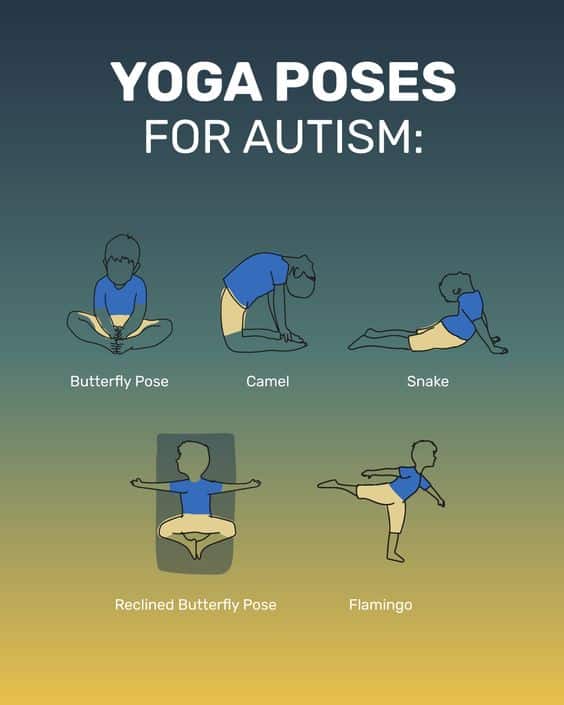Mind-body interventions combine activities that engage the mind and body, promoting overall well-being. Here are some examples:
- Mindful breathing: Taking slow, deep breaths can help calm the mind and relax the body.
- Yoga: Practicing yoga poses and gentle movements can enhance flexibility, strength, and mindfulness.
- Meditation: Setting aside quiet time to focus the mind and cultivate inner peace.
- Guided imagery: Using vivid imagination to create positive mental images, promoting relaxation and stress reduction.
- Tai Chi: Engaging in slow, flowing movements to improve balance, coordination, and mindfulness.
Mind-body interventions offer a range of practices that foster a strong connection between the mind and body. Incorporating these techniques into daily life can help reduce stress, enhance self-awareness, and promote overall well-being.
Goally offers various apps and features to support mind-body interventions for kids of all abilities! Children can engage in activities that promote self-regulation, emotional well-being, and executive functioning skills through our life skill-building apps and visual schedules. With Goally, kids can access apps that teach relaxation techniques, breathing exercises, and mindfulness practices. By incorporating Goally into daily routines, parents can provide their kids with valuable tools for cultivating mind-body connection and overall wellness in a fun and interactive way.












